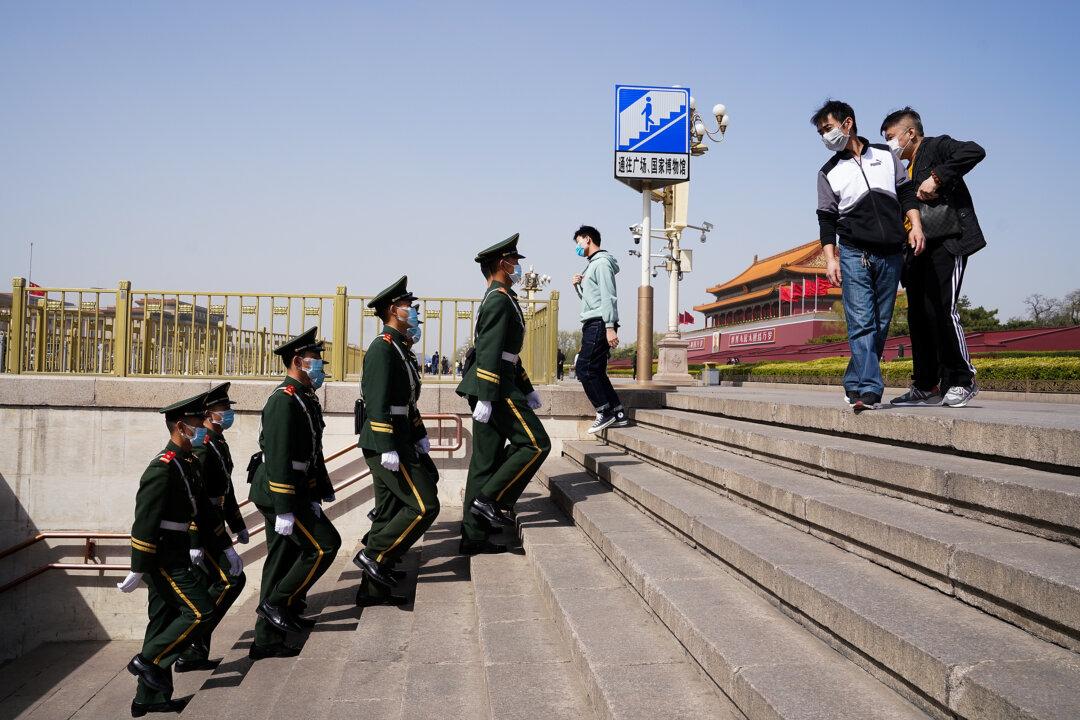The Chinese regime responded to the pandemic by covering up and silencing whistleblowers, then when it was too late to ignore, it enacted brutal, draconian measures on its own citizens—all while propaganda was spread internally through state-run media.
The U.S. response meanwhile was humane, spotlighting the contrast between a free society’s handling of a crisis versus that of a tyrannical regime. Experts told The Epoch Times that free speech and freedom itself is core to how effectively a government responds to crisis, emphasizing the values of transparency and compassion.





